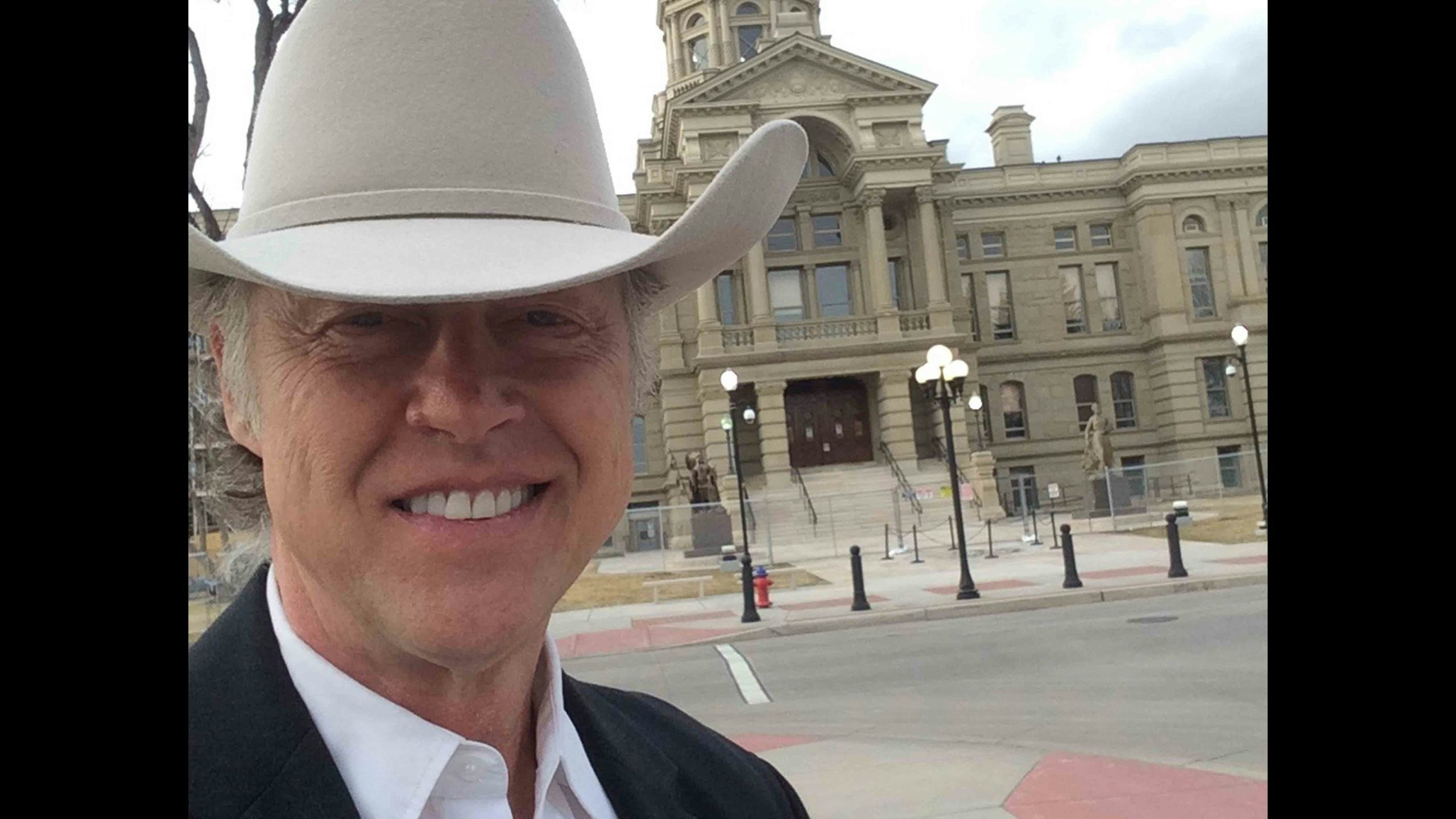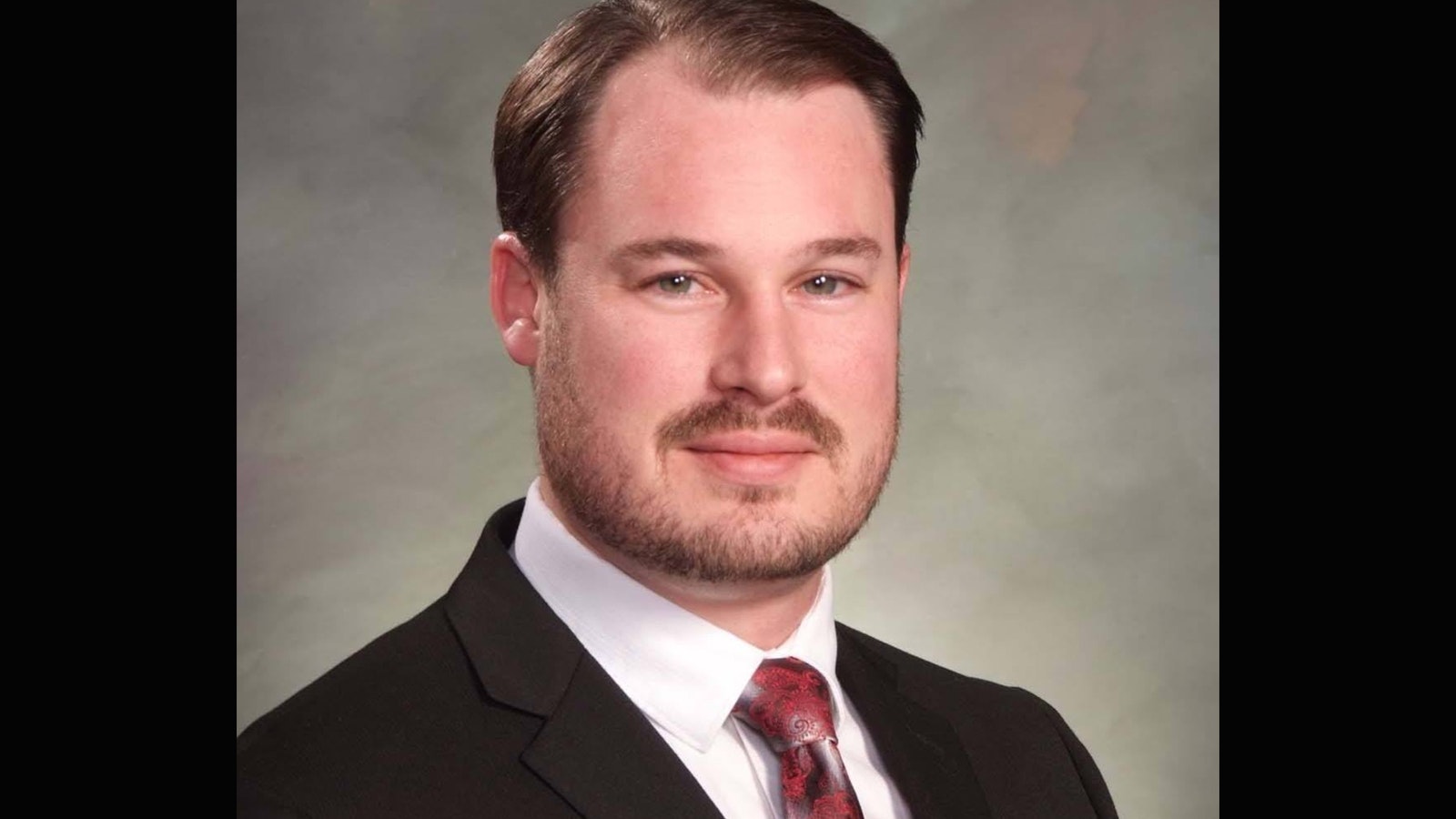When we were growing up pot grew by the acre in the barrow ditches along Old US Hiway 30. Anyone with a pickup who knew what the stuff looked like could pick as much as they wanted and bring it to town to sell or give away
Actually, this was hemp which is another type kind of cannabis farmed for rope-making during World War II and the plant grew like the weed it is, tangled under the barbed wire fields and standing with the Burma-Shave signs from Cheyenne to Omaha.
Today hemp has other uses. As most people know it is refined into CBD for various health extracts, foods and cosmetics. And though the efficacy of these concoctions remains debatable, a hue and cry would go up if you tried telling that to the industry people who sold $6.8 billion in CBD -derived products in the last year.
Hemp is also used today in composites, building materials, plastics, industrial oils, paper and textiles—all now manufactured from the same weeds we picked out of the barrow ditches in the 60s.
During those hyper-vigilant, drug riddled 60s, cannabis sativa in any form was considered a deadly Schedule I narcotic. Even now the Federal Government has deemed the hallucinogenic component of cannabis, THC, illegal in all fifty states; even though most of everybody knows there is a gray area between state and federal marijuana laws. Nineteen states have legalized recreational marijuana, the Feds have not. And even though fully thirty-seven states have legalized the use of medical marijuana, the federal government still considers possessing, buying, or selling marijuana a crime.
Hemp—the rope-making kind of marijuana—has about the same narcotic effect as puffing on a rolled up brown paper bag, like we used to do in Boy Scouts. (We were a fringe troop!) Or sitting on a haystack, looking at the moon, smoking a lit up alfalfa straw. All that didn’t matter to us. We just wanted to smoke whether it was cigarettes, cigars, cigarillos, pipes, candy cigarettes—anything! But for me and countless others from Charlie Parker on down to Bill Clinton and Barak Obama, pot was a definite focal point of curiosity mid 20th Century. The jury is out on George Bush, by the way, but everybody assumes the 43rd president blazed up as well.
For me pot was beguiling, especially after seeing it vilified in the 1936 antidrug film Reefer Madness as an eighth-grader at Carey Junior High. Nothing, I thought, could be that preposterous; drinking out of broken Coke bottles, manslaughter and murder, “…the burning weed with its roots in hell!”
Return to the Straight and Narrow
As a tour guide on harbor boats here in New York, I work under the auspices of the U.S. Coast Guard, in the same harbor where the 9-11 terrorist attacks took place. I’ve gotten used to being randomly drug tested when my number comes up. As such my pot days are behind me in a cloud of smoke (ahem) as even hemp or CBD can show up in a Coast Guard—or any other—drug test.
Don’t Mess Around with Slim
Back in the ditch-weed days, there was a diligent, almost psychotic anti-drug enforcement campaign world wide. Every government agency from the White House down wanted to arrest and prosecute anyone who had the slightest bit to do with the evil weed. Repressive governments worldwide still use drugs as an excuse to crack heads; to wit, Brittany Griner vs Russia.
For most of us it’s a matter of job security to stay clean and sober. Because the fact is, one literally cannot function while under the influence of Pink Cush or Shishkaberry, not to mention the fact that this type of pot is traceable for at least a month; longer in hair follicles.
The effects of THC today are exponentially more intoxicating and infinitely more debilitating than marijuana strains a half century ago.
A New Part-Time Job
It was around the time of free love—and free hemp in 1968 that I was hired by the Cheyenne Police Department to be a freelance undercover narcotics agent. It was the same year Mod Squad came on the scene starring Peggy Lipton—(Rashida Jones’s mom, for the media savvy), Michael Cole and Clarence Williams, as three young reprobates forced to become police officers for the LAPD.
The award-winning ABC crime drama ran for five years with a storyline exactly like the one I’m about to describe. Only this one really happened! To me!
Just a Normal Kid
I had been enjoying an otherwise fine Cheyenne autumn when I accidentally left two marijuana cigarette butts, “roaches,” in my best friend’s red, 1967 Mustang convertible. His mom borrowed said convertible one day and found those damn roaches to do what any self respecting Wyoming mom of a high schooler in the sixties would do: turned us into the police. My career as narc for the Cheyenne police department was about to begin.
To avoid what chief of detectives Rudy Restivo told my parents would surely be a stint in the Worland Boys Detention Center, with a very good chance of doing time making license plates in Rawlins, rimrocked, I agreed to his ultimatum. Anyone who’s ever done any amount of climbing will know what “rimrocked” means. You can’t climb up, and you can’t get down.
Until that moment, sitting in my parents living room, with Rudy’s cigar tinged breath only feet from us, I had led what could be termed a very respectable life for a teenager.
I was a DJ at KRAE playing The Beatles and Creedence Clearwater with chances to produce a few bands on my own at the Cheyenne Pavillion. I ran hurdles at East making it to the State meet and somehow even voted onto student council.
I had never considered myself to be especially wild but knew there had always been those who were. In fact, I had it upon good authority that Rudy and his cronies Jim Backus and Wally Lemke, my “handlers,” at the CPD had been known to kick up their heels upon occasion. Every generation from Butch Cassidy to Buffalo Bill were hell-raisers generations before us. We come from a long line of partiers in Old Wyo!
Most straightened out. The difference was that previous generations of teen angst were alcohol-fueled, whereas ours/mine was blazin’ joints on Make-out Hill. After marijuana it was LSD, psilocybin, cocaine, opioids, speed and every Schedule I narcotic in between. Most of these compounds today considered, or actually now employed, for medicinal use.
My buddy and I got $45 a day to go around buying whatever we could from the kids who were selling, or “holding.” A few were imprisoned, others got turned by Rudy and his crew, to save their own skins.
The CPD had even sanctioned firearms for us. Mr. Jensen, our high school principal had acquiesced to our undercover work—including the weaponry — as did Tom Bauman my boss at KRAE, and my poor, dear beleaguered, parents who were sure I would either be thrown in jail or killed without a gun.
We carried our weapons to high school in shoulder holsters hidden under our East High letter sweaters. For me, it was a S&W Chief’s Special .38 with a 2-inch barrel, and a WWII-era, .45 semi-automatic for my friend. A local doctor had lent them to us — with police approval.
I still worked at the radio station, promoted my concerts, went to school, and competed at track meets by day. By night, pretending to be drug pushers and stoners, busting kids from the other high school and the South Side. I had just turned seventeen.
By the way, most of my friends at East knew about this lunacy. Those we hadn’t told, suspected. But the narrative of drug abuse, propounded by — literally everyone, had America hornswoggled.
On the night of the big “drug kingpin” roundup, we agreed to be handcuffed and taken off to city jail to make everything look kosher. My friend and me were responsible for thirty-seven arrests and seventeen convictions, so I was told. I still feel guilty. And I am sorry. On behalf of myself, the City of Cheyenne and the Great State of Wyoming. I am so very sorry.
My friend went off to Vietnam and I never saw him again. I went off to other levels of “accomplishment,” such as selling the Hollywood Sign, and helping build the Rock ‘n’ Roll Hall of Fame in Cleveland. But nothing topped what I felt by being coerced into duplicitousness by the people I trusted most.
And in answer to know-nothings like Ferris Bueller: We all may have a little something to hide. As for me, a few things things to fear. Maybe the best reason of all for leaving.
“But we were older then,” as Dylan sang, “we’re younger than that now.”
—George Wienbarg





